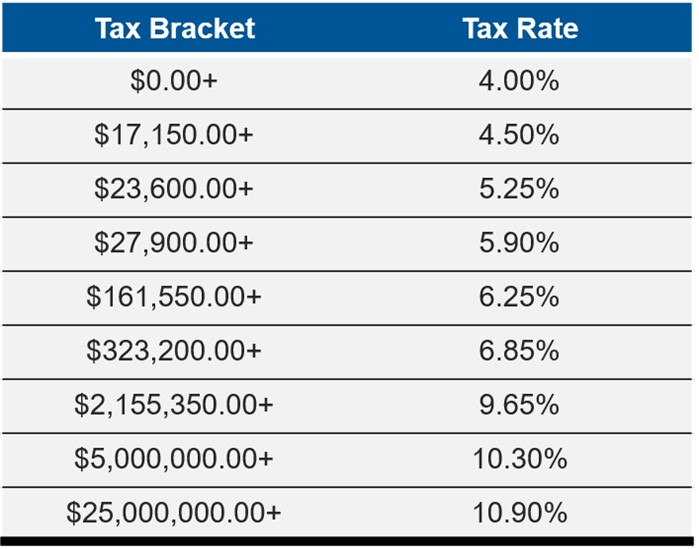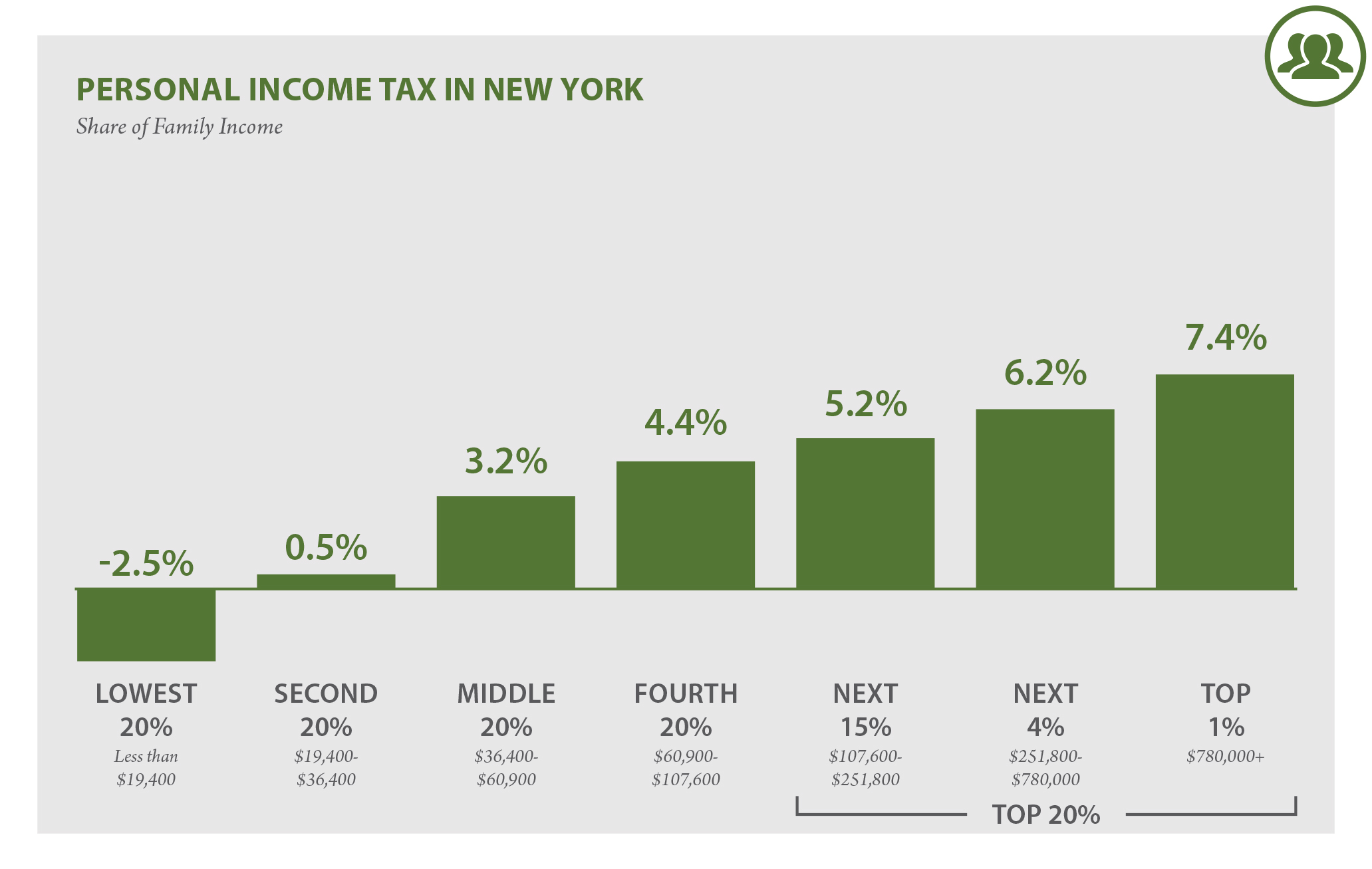NY Taxes: What You Need To Know
Are you prepared for the upcoming tax season in the Empire State? Navigating New York's tax landscape requires careful attention to detail, as the state's tax regulations are as complex and diverse as its population.
The world of New York State taxation is a multifaceted realm, encompassing everything from personal income tax to corporate franchise tax, sales and use tax, and even specialized credits. It's a system designed to support the state's infrastructure, its social programs, and its commitment to its citizens. This article serves as a comprehensive guide, offering insight into the nuances of New York's tax system, designed to provide you with the knowledge you need to navigate the process with confidence. Understanding these intricacies can be the difference between a smooth filing experience and potential penalties.
Let's begin by addressing a common concern: finding the right information amidst the complex web of regulations. Remember, if you find yourself struggling to find the exact information you're looking for, double-check your spelling, or consider rephrasing your search query. The New York State Department of Taxation and Finance's website, which is an official NY.gov website, is your primary resource. Its crucial to remember that some forms and instructions available online may not reflect recent changes. Always verify information.
Crucially, it is important to note the effective dates of changes to tax laws. For example, changes apply to collections of rent on and after March 1, 2025. Similarly, amendments regarding the same will also come into effect on and after March 1, 2025, concerning collections of rent by an operator or booking service. Stay vigilant in checking effective dates when reviewing guidance. If you are affected by these changes, be sure to take them into account when filing your taxes.
Now, let's explore the core components of New York State taxes:
Personal Income Tax: New York State has nine income tax rates, ranging from 4% to 10.9%. These rates are applied to your taxable income, and it's crucial to understand which rate applies to your earnings. As an employer, you are required to withhold and pay personal income taxes on wages, salaries, bonuses, commissions, and other similar income paid to employees. The state's online resources provide detailed information on who must withhold tax, who you must withhold tax for, and the amount to deduct and withhold. Filing your return electronically, when available, is the fastest, safest option.
Filing Requirements: If you were a New York City or Yonkers resident for the tax year, and are required to file a New York State income tax return, you must do so. Be sure to check all of the guidelines provided by the state to make sure you are not missing any important details.
Paying Your Taxes: You can pay personal income tax owed with your return. Furthermore, you can pay income tax through online services, regardless of how you file your return. This offers a significant level of flexibility. You can pay, or schedule a payment for, any day up to and including the due date. Moreover, if you apply for an extension of time to file and owe tax, you need to make your extension payment by the due date. Online services is the fastest, most convenient way to do business with the tax department. With an online services account, you can make a payment, respond to a letter from the department, and moreanytime, anywhere.
Sales and Use Tax: Remember to see the information about sales and use tax when preparing your return.
Important Dates and Deadlines: Pay close attention to all deadlines, as they are set by the state. Be sure to take note of the dates the state sets for all income tax returns. Make sure that you are aware of the filing dates to prevent any penalty.
Additional Considerations: New York taxes highlight differences in how income, property, and sales taxes affect all residents. Tax credits and deductions, filing status, and residency status can impact your tax liability. For businesses, if your business is incorporated in New York State or does business or participates in certain other activities in New York State, you may have to file an annual New York State corporation tax return to pay a franchise tax under the New York State tax law.
Electronic Communication: The best way to communicate with the tax department about your return is to create an online services account and request electronic communications for both bills and related notices and other notifications.
Delinquent Taxpayers: The Department of Taxation and Finance publishes lists of the top 250 individual and business tax debtors with outstanding tax warrants. These warrants may have been filed over a period of years, but at least one warrant will have been filed within the last 12 months. Keep in mind that you can search for a warrant that involves the states delinquency information.
Payment Confirmation: Receive instant confirmation from the New York State Tax Department. Your bank statement will indicate our receipt of your payment with an NYS tax payment line item for the authorized amount. Also, you can pay by credit card (2.20% convenience fee).
Tax Credits: If you're a property owner, be aware that barns may qualify for an income tax credit for rehabilitating the property.
Important points to remember for New York State Taxes:
1. Stay informed: Regularly check the official NY.gov website for updates and changes to tax laws and regulations.
2. Keep good records: Maintain accurate records of your income, expenses, and any tax-related transactions.
3. File on time: Meet all filing deadlines to avoid penalties and interest.
4. Consider professional help: If you find the tax process complex, consult a tax professional for assistance.
5. Explore online services: Utilize the Department of Taxation and Finance's online services for convenient payment and account management.
6. Understand credits and deductions: Take advantage of any tax credits and deductions for which you are eligible.
7. Be aware of due dates: Mark all important filing and payment deadlines in your calendar.
By understanding the key aspects of New York State's tax system and utilizing the available resources, you can confidently navigate the tax process and ensure compliance with state regulations. Remember to stay informed, keep accurate records, and seek professional guidance when needed. This proactive approach can help you avoid potential issues and optimize your tax position.
| Topic | Details |
|---|---|
| Effective Dates of Changes | Changes apply to collections of rent on and after March 1, 2025. Amendments related to this also come into effect on and after March 1, 2025, for collections of rent by an operator or booking service. |
| Income Tax Rates | New York State has nine income tax rates, ranging from 4% to 10.9%. |
| Filing Requirements | If you were a New York City or Yonkers resident for the tax year, and are required to file a New York State income tax return, you must do so. |
| Payment Options | Pay personal income tax owed with your return. Pay income tax through online services regardless of how you file your return. |
| Online Services | Online services is the fastest, most convenient way to do business with the tax department. With an online services account, you can make a payment, respond to a letter from the department, and moreanytime, anywhere. |
| Communication | The best way to communicate with the tax department about your return is to create an online services account and request electronic communications for both bills and related notices and other notifications. |
| Electronic Filing | Filing your return electronically, when available, is the fastest, safest option. |
| Delinquent Taxpayers | The Department of Taxation and Finance publishes lists of the top 250 individual and business tax debtors with outstanding tax warrants. |
| Credit Card Payments | You can pay by credit card with a 2.20% convenience fee. |
| Income Tax Credits | Barns may qualify for an income tax credit for rehabilitating the property. |
For more detailed information, please visit the official website of the New York State Department of Taxation and Finance: https://www.tax.ny.gov/. This website is an essential resource for accurate and up-to-date information on New York State taxes.


